Sometimes letting go of the pain is the hardest. Ending a relationship is always painful and it’s natural to grieve the end of a relationship that you hold close. But what if that relationship was downright toxic? Still, it’s a loss, and grieving the loss of that relationship is totally normal, no matter how much of a toxic relationship it was.
Are you reading this because you are wondering why you are grieving the end of your toxic relationship and, perhaps, feeling like a loser because of it?
You should be overjoyed right? You just escaped a toxic relationship, after all that time of suffering, and now you are free to live your life and be happy.
Instead, you find yourself grieving. I bet it’s super confusing and painful and you just want it to end.
I believe that understanding why you are grieving the end of your toxic relationship is a big step towards letting go of the pain and moving on.

Here Are 5 Reasons Why You Are Experiencing Grief
To that end, below are the reasons why you are experiencing grief after surviving a toxic relationship and how to cope so that you can move forward and be happy.
1. You truly believed things were fixable.
So many of my clients tell me that they won’t walk away from their abusive relationships because they aren’t quitters.
They truly believe that if they just love their person enough, if they stand by their side in spite of abusive behaviors, that their person will change and they will be happy again.
Here you are, on the other side of your breakup, and you are grieving because you weren’t able to fix them, or the relationship. You might feel like you have let everyone down. You might even feel like you have abandoned your person.
Let me tell you that, no matter how much you might have tried, your person wasn’t fixable unless they wanted to be fixed. And you are probably grieving this fact – that you couldn’t save the relationship, or someone you once loved, and that makes you beyond sad.
I would encourage you to let yourself off the hook. No one can change someone who doesn’t want to be changed. You didn’t fail. You couldn’t have made any change alone, no matter how hard you tried to do so.
2. You blame yourself.
One of the most insidious things about a toxic relationship is that, after a while, we start to blame ourselves for everything that is going wrong.
I have a client whose husband had a relationship with one of their employees. For three years, my client has asked her husband to fire his lover and for three years he promised he would and he never did. She was beside herself and rightly so.
The thing is, her husband has done a remarkable job making her feel like their issues are HER fault. He says that if she could just let this go, they could be happy again. That she has no compassion for this other woman’s children – what would they do if their mother had no income? That he isn’t lying to her but that she refuses to believe the truth. Because of his accusations, his gaslighting, she truly questions her mental health most days.
Do you blame yourself for why your relationship was toxic? Do you believe that if you could just have been a little bit nicer or paid more attention to him or had sex with him when he wanted you to that everything would be just fine?
If yes, stop. Your person was making your life difficult and, while you might have played a role in the situation, I can promise you that it’s NOT all your fault.
Related: 12 Things You Should Forgive Yourself For
3. You are feeling lonely and bored.
I know, it’s so hard when you are grieving the end of a toxic relationship and you believe that you will never be happy again. Right now, it just seems impossible. But I would also argue that a lot of your grieving comes from sheer loneliness and boredom.
When we break up with someone, we lose a playmate. Someone to watch TV with, to go out to dinner with, to fool around with, to just hang out with during those downtimes. And now you don’t have that person.
For a lot of people, when they are still grieving after a breakup, they stop doing things. They don’t feel like doing things because they are depressed about the breakup but they also aren’t used to doing things without their person so they don’t do anything at all. As a result, they are bored and lonely and they spend lots of time thinking about their ex and they grieve.
I would encourage you to do whatever you can to keep yourself busy. A client once told me that just taking a trip to Starbucks brightened her day, at least temporarily. Sitting at home, obsessing was sucking the life out of her!
I know it’s hard and that you REALLY don’t feel like doing it but now is the time to work to do so. Facetime with friends, read books, get into shape, learn something new, watch rom-coms with your mom, whatever you can do to keep yourself busy and not bored.
Honestly, you might not be grieving the loss of your ex as much as you think you are, and keeping yourself busy might prove that!
4. You believed you were soulmates.
Do you believe that the relationship that you shared with your person is like none other? That the intense passion and connection that you shared can not compare with anyone else’s relationship and that letting it go is such a waste?
Let me tell you, EVERYONE feels that way about their relationship, especially toxic relationships because they are so passionate and emotional. I hate to burst your bubble but, while the love you have for this person might be strong, it’s not the ultimate love in the world, and letting go of it will not be the end of love for you.
I mean, how can someone who hurts you over and over be your soulmate? Really, how can they?
If you can accept that this person who abused you is not your soulmate (even if it felt that way in the beginning) then you are WAY more likely to find a connection that is real and wonderful and magical.
I did.
Related: 11 Soulmate Signs He’s Not The One (and how to find the one for real)
5. You have to let go of dreams for the future.
I have a client who was abused one time too many and made the decision to finally walk away. For her, she saw her family die at that moment. She saw that the dreams she had of an intact family and grandchildren coming home and growing old with someone had been dashed, maybe forever. And she believed she might be alone forever, that she would never love, or beloved, again.
One of the reasons you are still experiencing grief is because you are grieving the loss of those dreams for the future and that your new future is scary and murky.
What I can tell you, as someone who has survived an abusive relationship, is that leaving this situation is the only way that your dreams for the future will come true. You will find love and happiness again. I promise!
Grieving the end of your toxic relationship is not only totally normal but it could be the best thing that could be happening to you right now.
Why? Because it means that you are moving forward.
Letting go of an abusive relationship comes in stages – much like death. Right now, you are grieving. And grieving is one of the 7 steps of getting past loss. The other are shock, denial, bargaining, guilt, anger, and acceptance/hope. I am betting that you are through some of those as well.
But I promise you that this grieving the end of your toxic relationship will pass. You will come to accept that the past is the past and look towards the future, a future filled with happiness and love.
Written By: Mitzi Bockmann Originally Appeared In: Let Your Dreams Begin
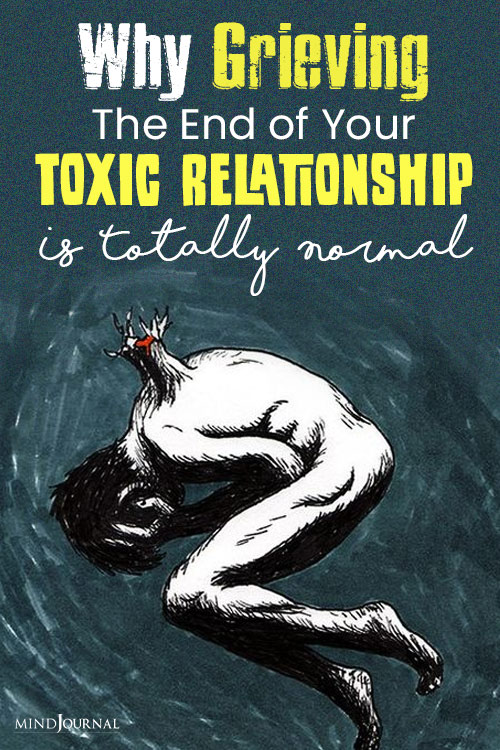
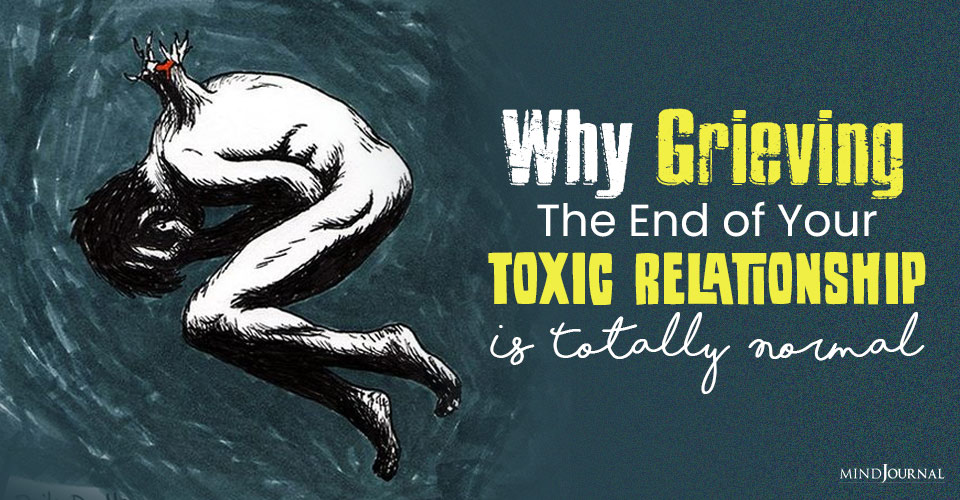
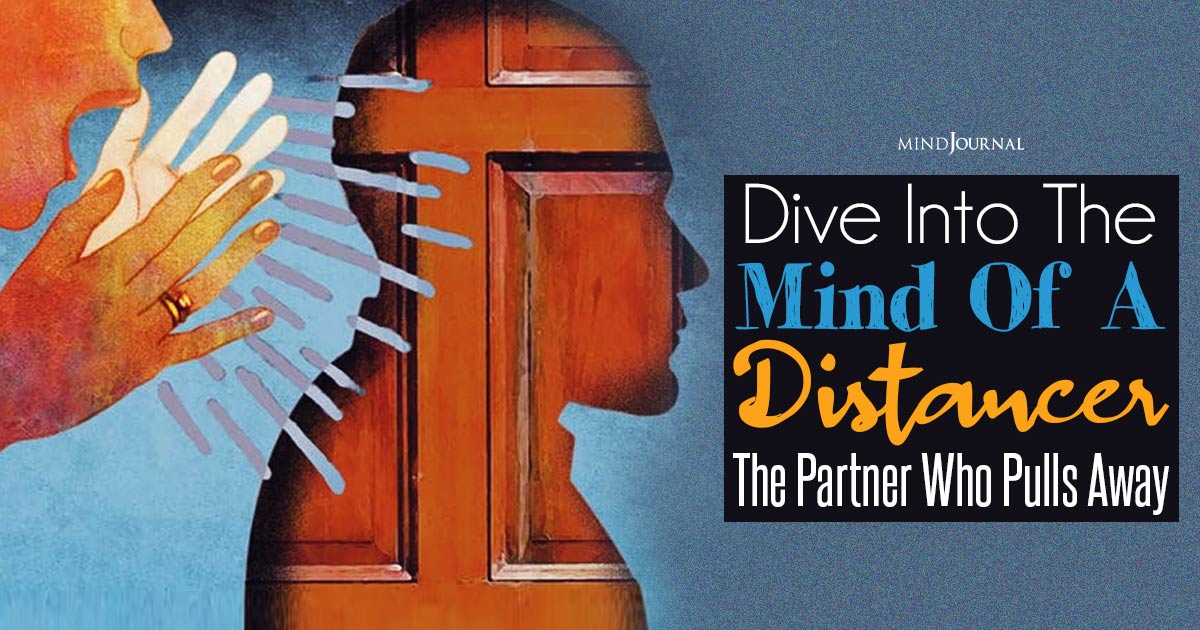


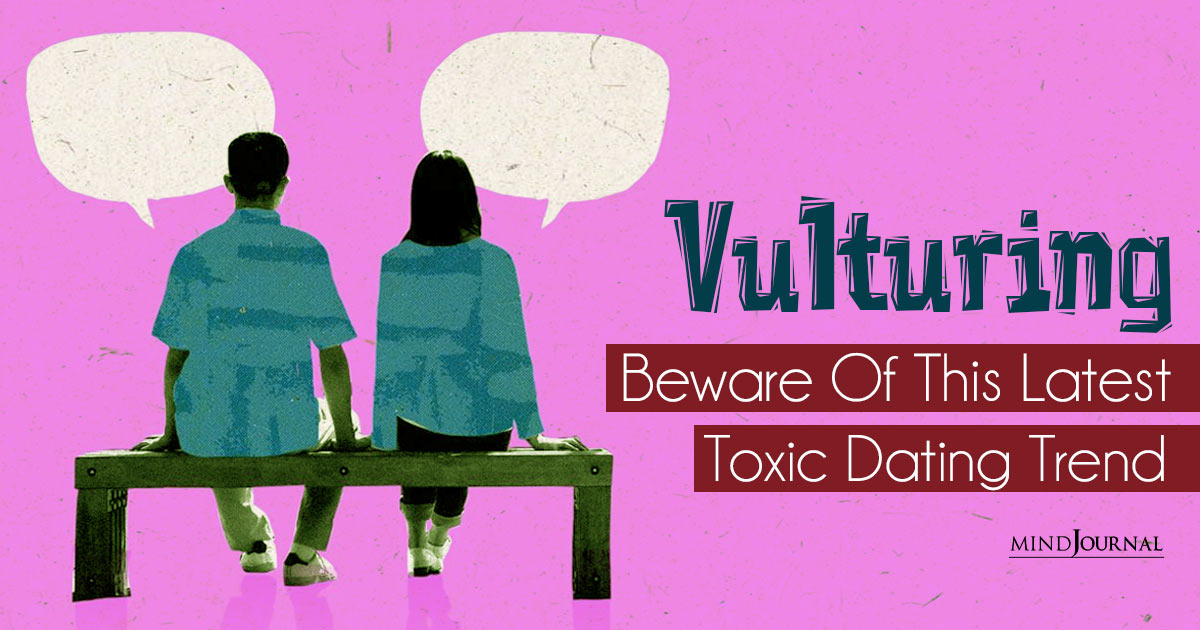
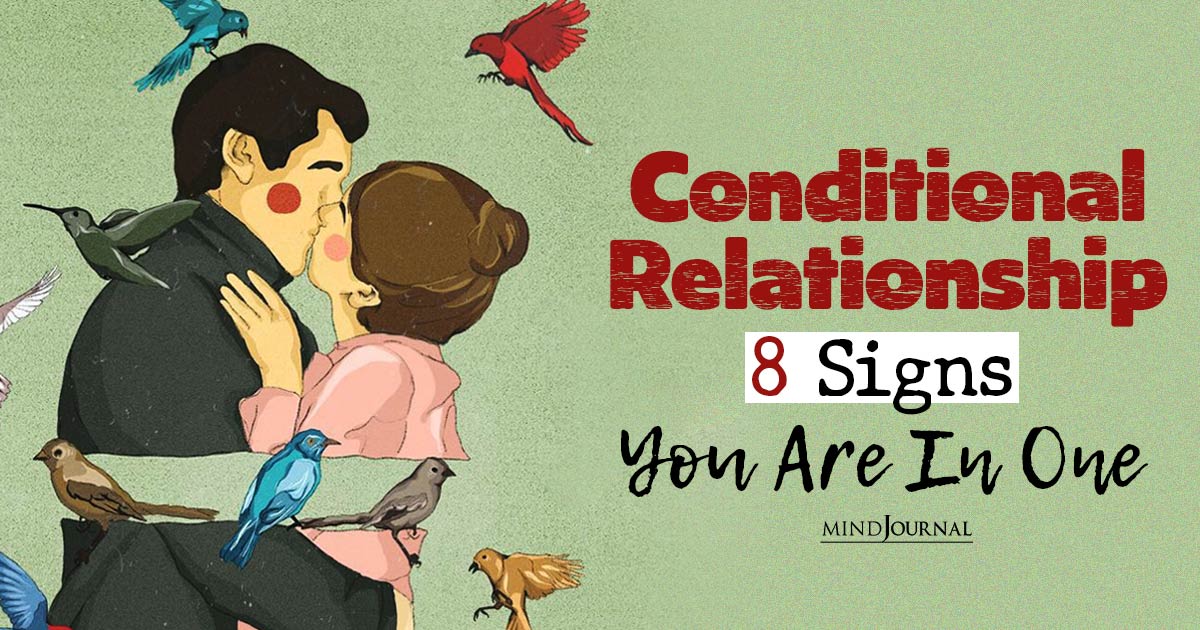


Leave a Reply
You must be logged in to post a comment.